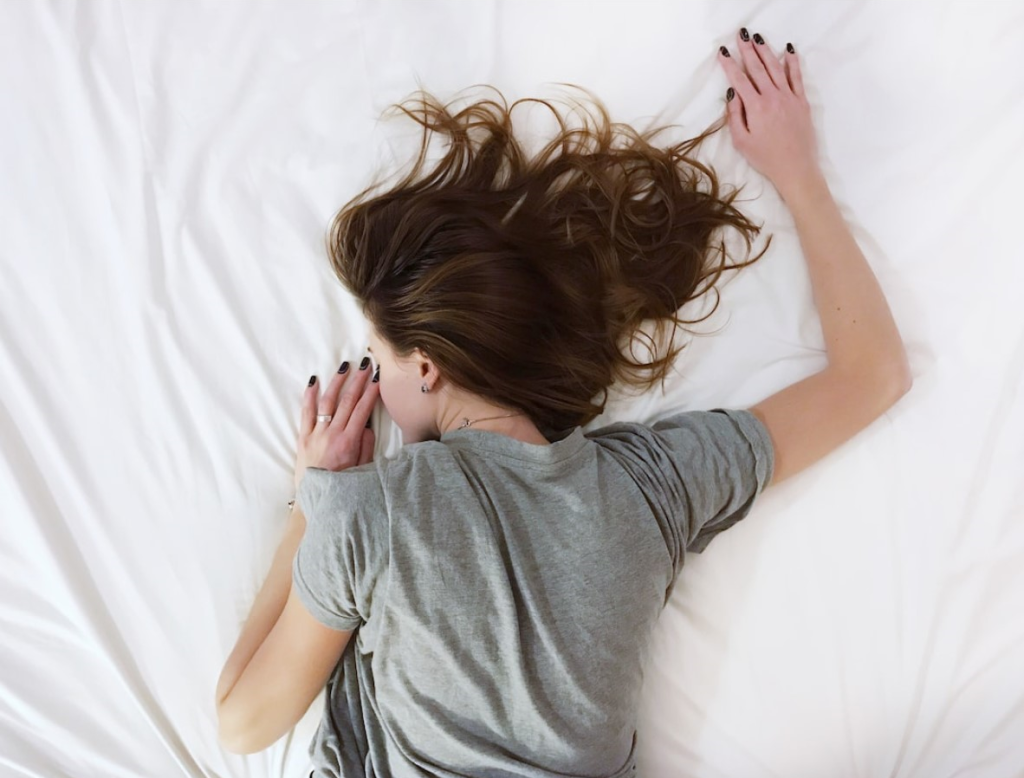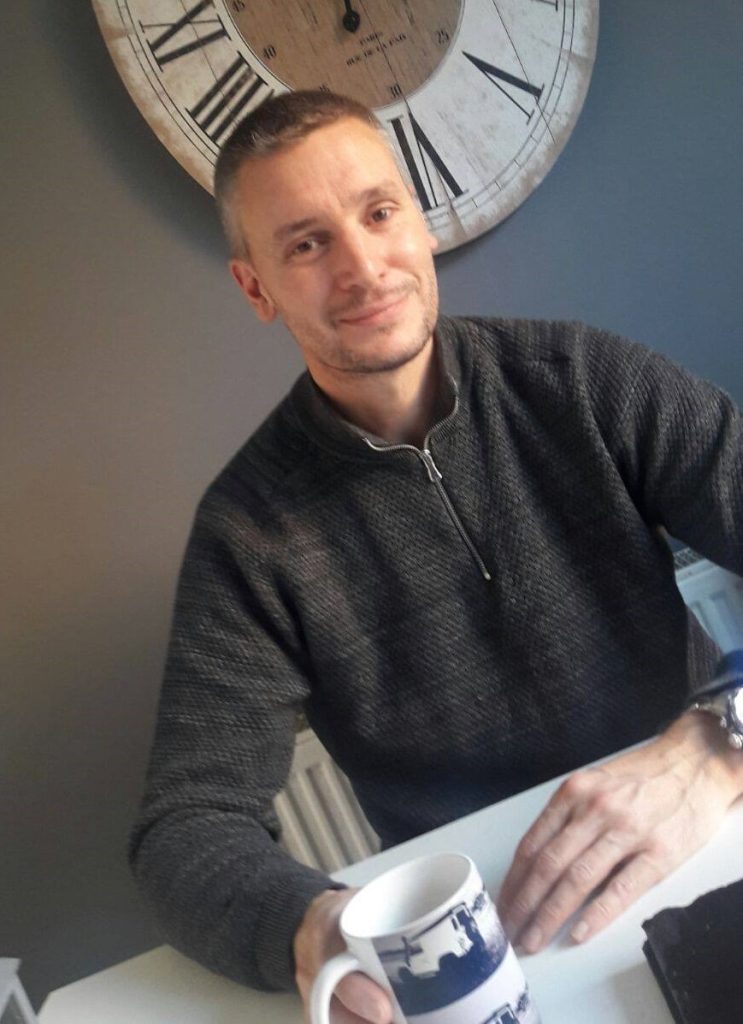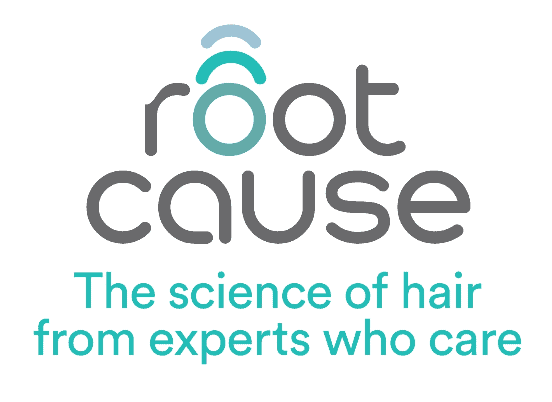The Emotional and Psychological Impact of Hair Loss
11.19.22

When you lose your hair, it can feel like you are also losing your identity. This is why we focus on a person-centred approach during client consultations.
Our founder Wil Fleeson discusses the link between physical health (resulting in hair loss) and mental health with Root Cause Clinical friend and supporter Andy Griffith, qualified hypnotherapist, NLP practitioner coach and mental health first aid trainer from Piece of Mind.
Hair loss can be attributed to many causes, and we understand how it affects your sense of well-being. An emotional attachment to hair can create a layer of anxiety.

As Andy of Piece of Mind comments:
“When my clients have experienced hair loss, I can see it becoming a shameful secret they do not want anyone to know about. It is a deeply personal issue.”
Andy Griffith, Piece of Mind
Yet, obtaining an accurate diagnosis of the root cause of hair loss is vital. While Root Cause Clinical practitioners consider the physical symptoms to provide a diagnosis, we recognise that the symptoms are part of our client’s overall health picture.
Hair loss can result from many triggers, and without a prompt diagnosis, clients do not understand what is happening, and further anxiety is likely. Hair loss may not just be confined to the scalp but also affect eyelashes and eyebrows, all of which help define the face.
While there is limited research on the degree to which well-being and psychology is affected purely by hair loss, here are two examples demonstrating a connection. One study concluded that women were 11 times more likely to experience high stress due to hair loss1, while a second study found that 74% of individuals suffering from alopecia areata had one or more lifetime psychiatric diagnoses2.
Wil expands on the importance of supporting a Root Cause Clinical client through both diagnosis and prognosis stages and why he has recommended services such as counselling or alternative mental health services to his clients, where appropriate.
“Trichologists like myself do not simply zone in on products and prescriptions. In our online hair loss and scalp health consultations, we take a holistic approach to the client’s health journey. How the hair condition impacts the client’s life, and lifestyle is also part of the prognosis path. We support our clients across their whole health journey.”
Wil Fleeson, Root Cause Clinical
Root Cause Clinical practitioners have trichology qualifications and receive annual Continuing Professional Development training, which includes coaching, mental health first aid skills, and medical topics.
If you are experiencing hair loss, our initial video consultation can provide you with valuable knowledge and information through our diagnostic report. Book online today to speak to one of our trichologists.
Click HERE to listen to Andy’s podcast Tickety Boo where Wil joins him to discuss the emotional impact of hair loss.

References:
1- York, J; Nicholson, P; Minors, P; and Duncan, DF; ‘Stressful life events and loss of hair among adult women’. Psychological Rep, June 1998
2- Koo, JY; Shellow, WV; Hallman, CP; and Edwards, JE; ‘Alopecia areata and increased prevalence of psychiatric disorders’. International Journal Dermatology, December 1994
